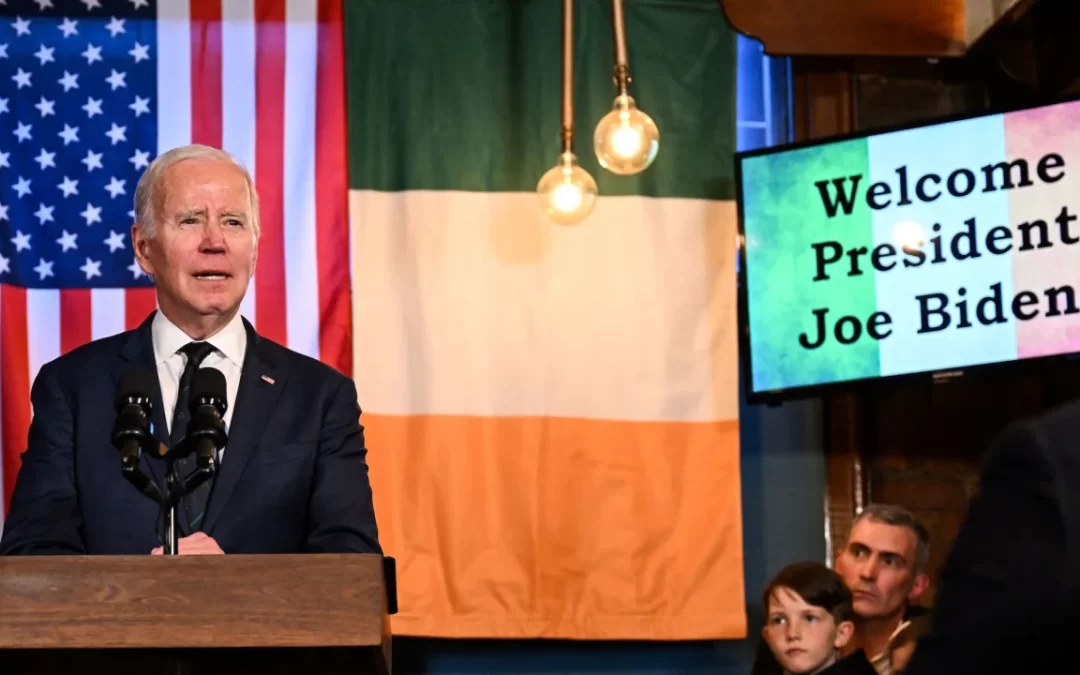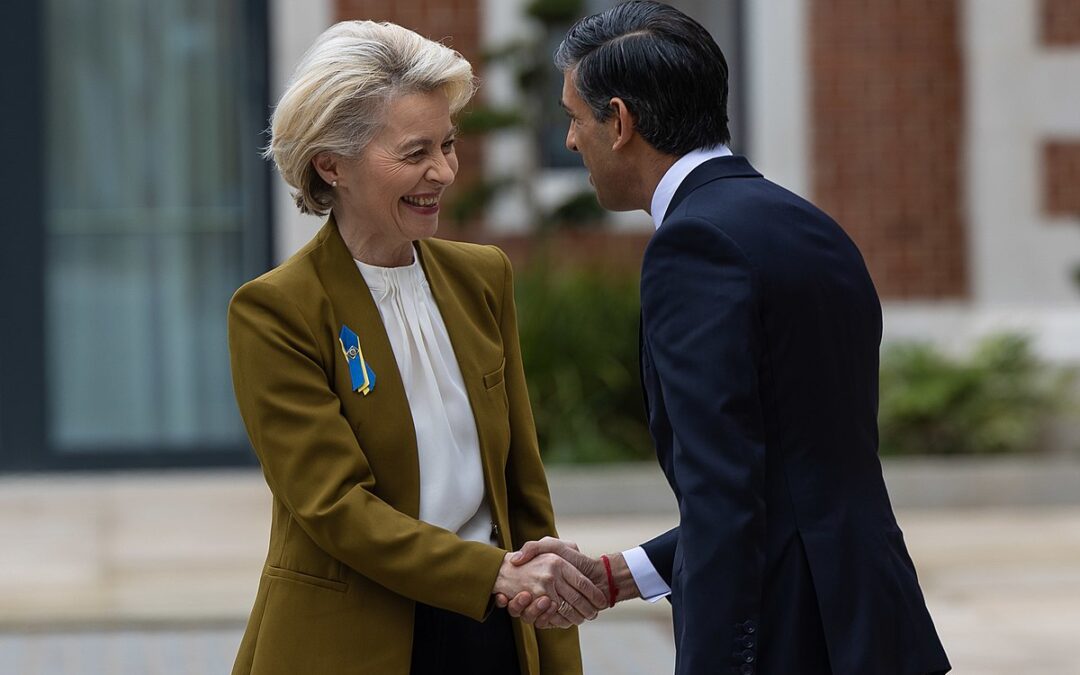
May Day!
May Day!
On Lá Bealtaine (the 1st of May), it dawned on me that I didn't really know what was behind that great Celtic festival in Ireland. There is another festival that falls on May 1st too, regarding workers' rights - but that's a story for another column! For our Celtic festival, however, it was an agricultural celebration to welcome the summer season, and to protect your family and your way of life against supernatural forces. This festival was celebrated at the beginning of the Summer season, and there were other festivals associated with the other seasons.
In the old traditions fires are lit at sunset on May Eve, April 30, and these traditions still survive in some parts of the country. The name 'Bealtaine' comes from the Old Irish 'Bel tine', according to the historian Peter Berresford Ellis (in the book "A Dictionary of Irish Mythology"). Bel or Belenus is thought to have been the Sun God, but this is only speculation.
May customs
In the distant past, the main fire of May was lighted on Mount Uisneach in County Westmeath - the traditional center of the country. Then, torches were lit in that fire, and they were taken to the townships to light other fires. People would go between two Mayday fires as a ritual of purification. Herds of cows were also sent between fires for the same reason. People even jumped over the fires of Bealtaine, as a fertility ritual.
On May Day, people would collect flowers and sprigs of mountain ash and hang them across the doors or windows of their homes, out of fear that the fairies would take people or animals with them. No visitors were welcome on May Day either, as it was believed that if anything was stolen from your home, someone could use it to put you under a black magic spell.
The 'May Tree' tradition used to be strong not only in Ireland but throughout Europe, where people used to dance around the tree together hand in hand. Another tradition called the 'Queen of May' was practiced in Ireland and throughout Europe as well. It is thought that this tradition may be related to the ancient Roman Goddess, Flora. It was often accompanied by a procession and sports and festivals. In some parts of Ulster, a King was chosen along with the Queen. Sometimes, a bush was carried in the procession, and sliothars (hurling balls) were hung on it. May Day was the start of the hurling season and in Kilkenny the women used to give new sliotars for the men on this day.
According to a legend called 'Book of Capture', the first settler, Partholan, came to Ireland on May Day, and it was on another May Day that the plague came that destroyed his people. Many years later, another group, Clann Míledh, came and on May Day they suppressed the Tuatha Dé Danann. It is unlikely that the above-mentioned things happened on May Day itself, but that is was a matter of magical reality, when the storytellers put together significant events with important dates, perhaps without realising it. In any case, it confirms how central May Day used to be in Celtic culture.
A Poem!!
I will end on a different note - a poetic note, thanks to my father, Peter Barrett. He wrote a wonderful poem about May Day, celebrating the beginning of the flowering that can be seen on May Day. But the theme changes in the last two verses, and a more gloomy atmosphere can be felt in them. The seed of death lies dormant in all living things, even in the prime of health and life. A great lesson from the master himself!
Another Summer sprouting
Bright daisies and golden dandelions
To us in swaths of color,
A glorious yellow gorse, a hawthorn like lace
In the green cloak of a Summer bride.
A yellow May day on fire in the hedges,
And birds singing in the branches,
Lambs gamboling and calfs being herded
In the fertile fields of Summer.
The clouds of the sky are like soft sheep's fleece,
A bright sun gilding everything,
Bees are busy, and ants in their swarms
Gathering the fruits of the season.
Cowslips decorating the grasslands,
Hedges blooming profusely,
Bright bog cotton bleaching the bogs,
And fuchsia like Summer pearl
Years in herds grazing happily,
The collection of memories stirring with them,
The days of youth racing back to us,
Like the Summer flowers bloom.
But let's put them away, the memories of our youth,
As youth will not return twice to us,
The years will not return that have left us
Unless the faded bloom of Summer returns.










